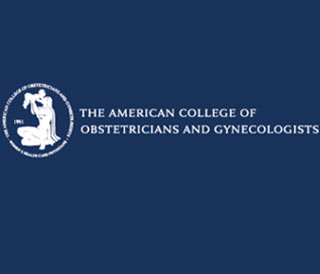
ACOG is of the opinion that modest amount of clear liquids may apparently be consumed by women with uncomplicated labor and patients with planned cesarean, during labor if they wish.
During labor, if the women are parched, they are allowed to devour only ice chips. This has been the standard hospital policy for many years. It is apparently not permissible for them to eat solid foods during labor.
William H. Barth, Jr, MD, of Massachusetts General Hospital in Boston and chair of ACOG’s Committee on Obstetric Practice commented “The reason for restrictions on food and water (or other liquids) during labor is to avoid aspiration in the event that a woman needs to be anesthetized for a cesarean delivery.â€
When the contents of the stomach are drawn into the lungs under anesthesia, it may lead to aspiration which is potentially fatal. But since the last 60 years, researchers claim that maternal deaths due to aspiration have decreased drastically mostly due to the prohibition on solid foods as well as improvements in obstetric anesthesia.
ACOG is of the opinion that modest amount of liquids like water, fruit juice without pulp, carbonated beverages, clear tea, black coffee and sports drinks may be consumed by women with normal and uncomplicated labor. Soup, which has solid particles, should apparently be avoided. Supposedly before anesthesia is administered, women with uncomplicated pregnancies and with a scheduled cesarean delivery may consume these clear liquids for up to two hours.
Dr. Barth remarked “Allowing laboring women more than a plastic cup of ice is going to be welcome news for many. As for the continued restriction on food, the reality is that eating is the last thing most women are going to want to do since nausea and vomiting during labor is quite common.â€
ACOG supports the expert’s consensus that no solid food from 6 to 8 hours before surgery should be taken by women undergoing a planned cesarean delivery or postpartum tubal ligation after vaginal birth. Pregnant women, who are at a high risk for operative delivery (i.e. forveps, vacumm) and those who have added risk factors for aspiration, such as morbid obesity or diabetes may need to restrict their fluid intake on a case-by-case basis.
This research was published in the September 2009 issue of Obstetrics & Gynecology.
